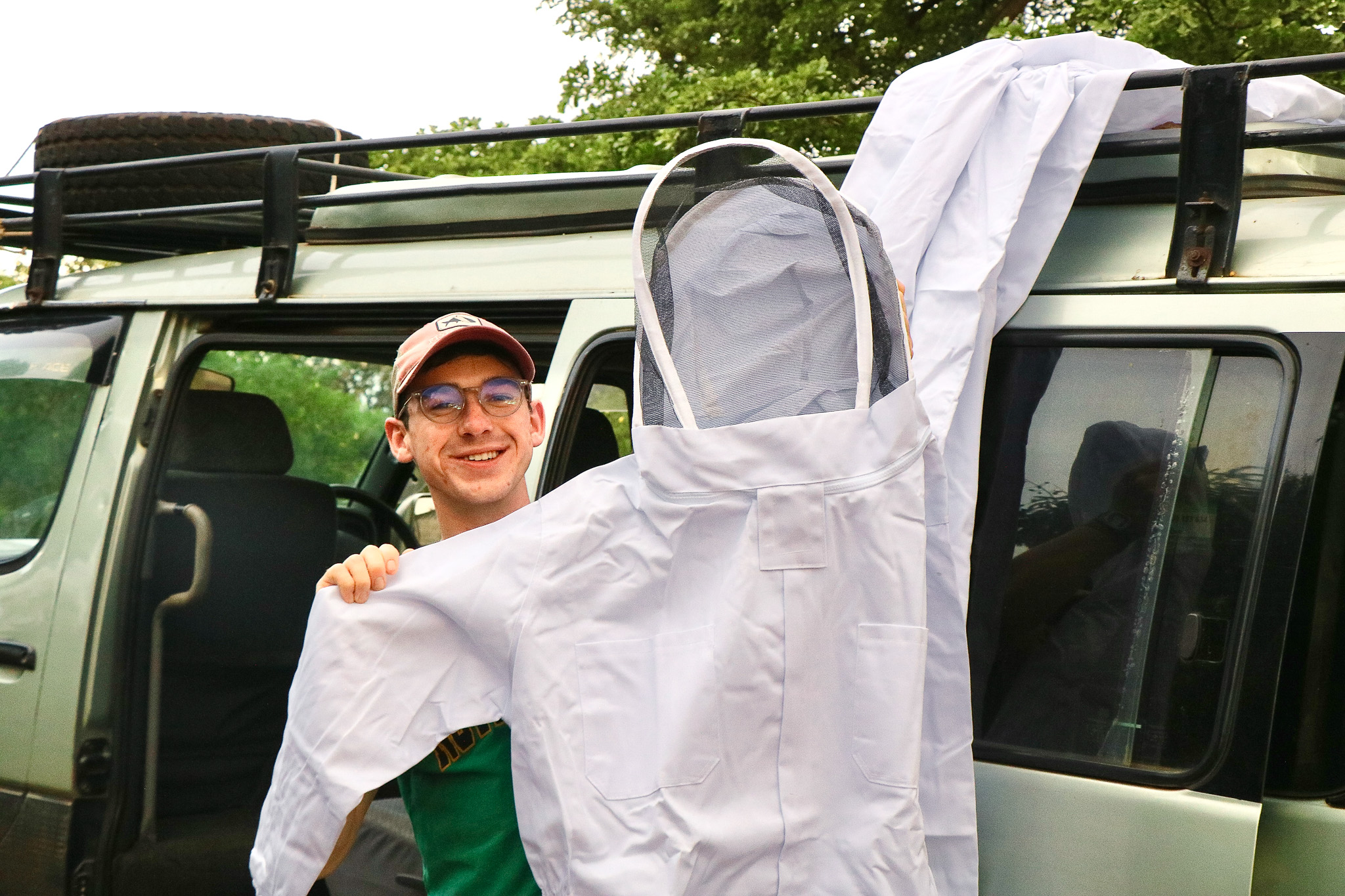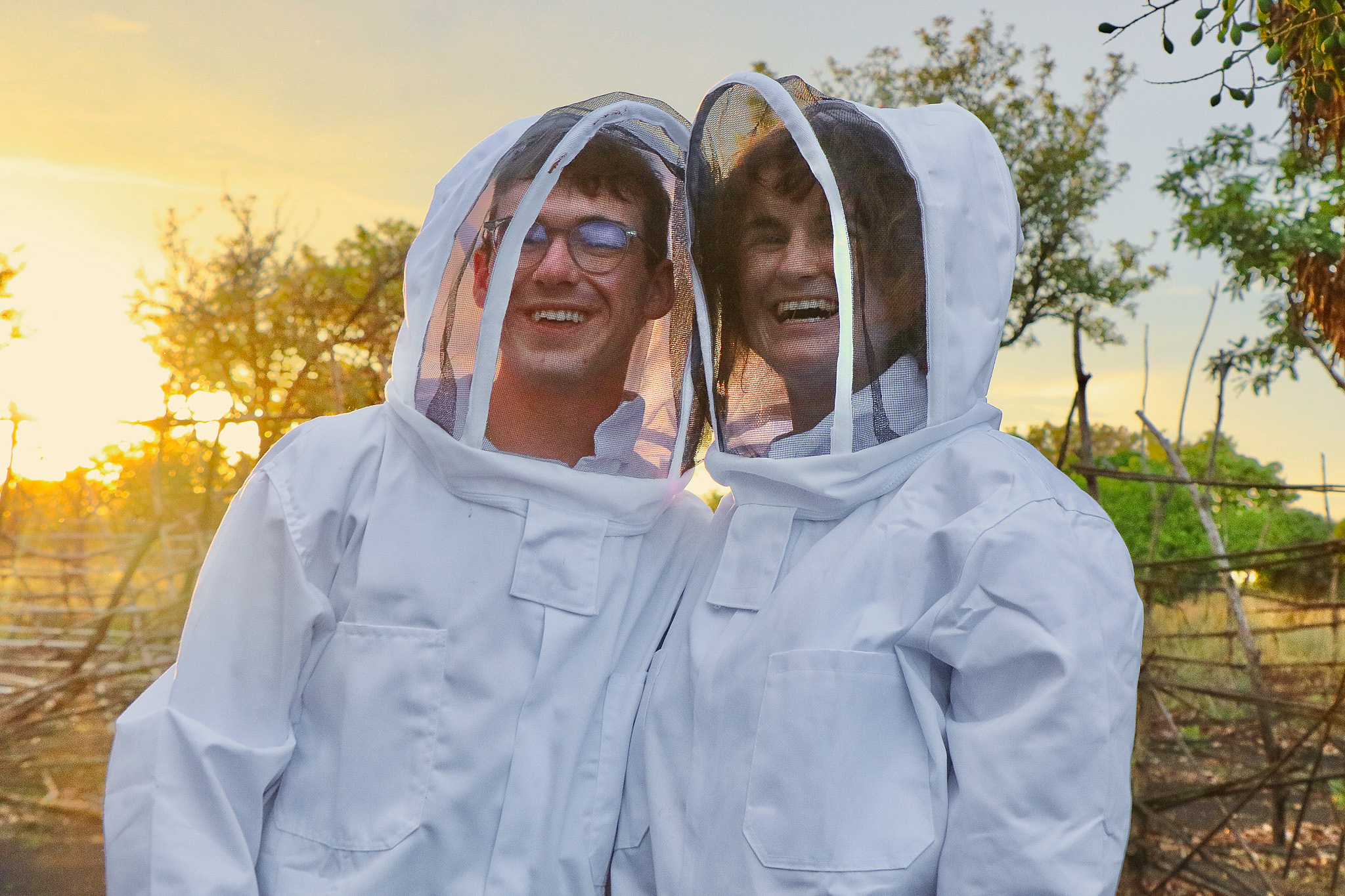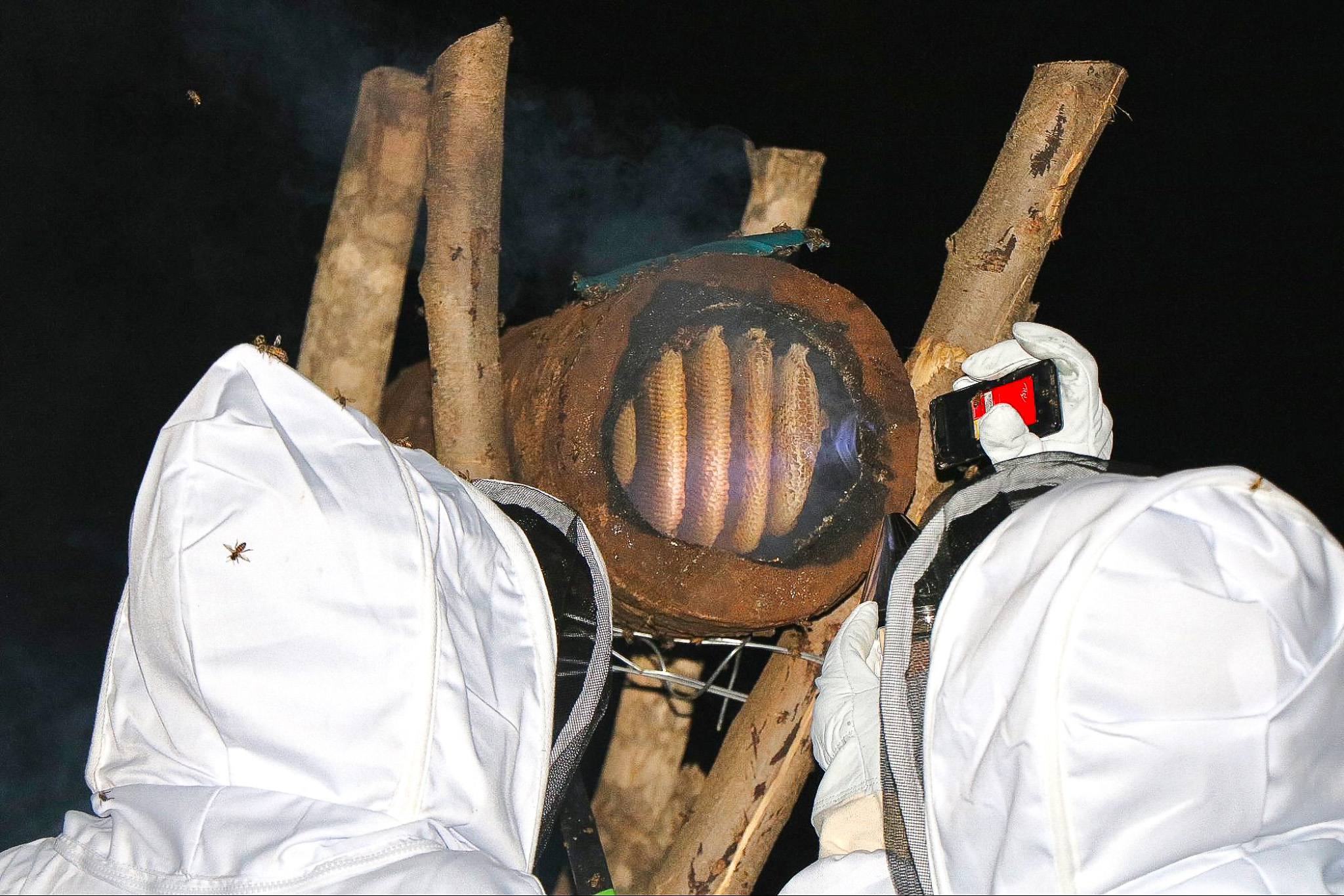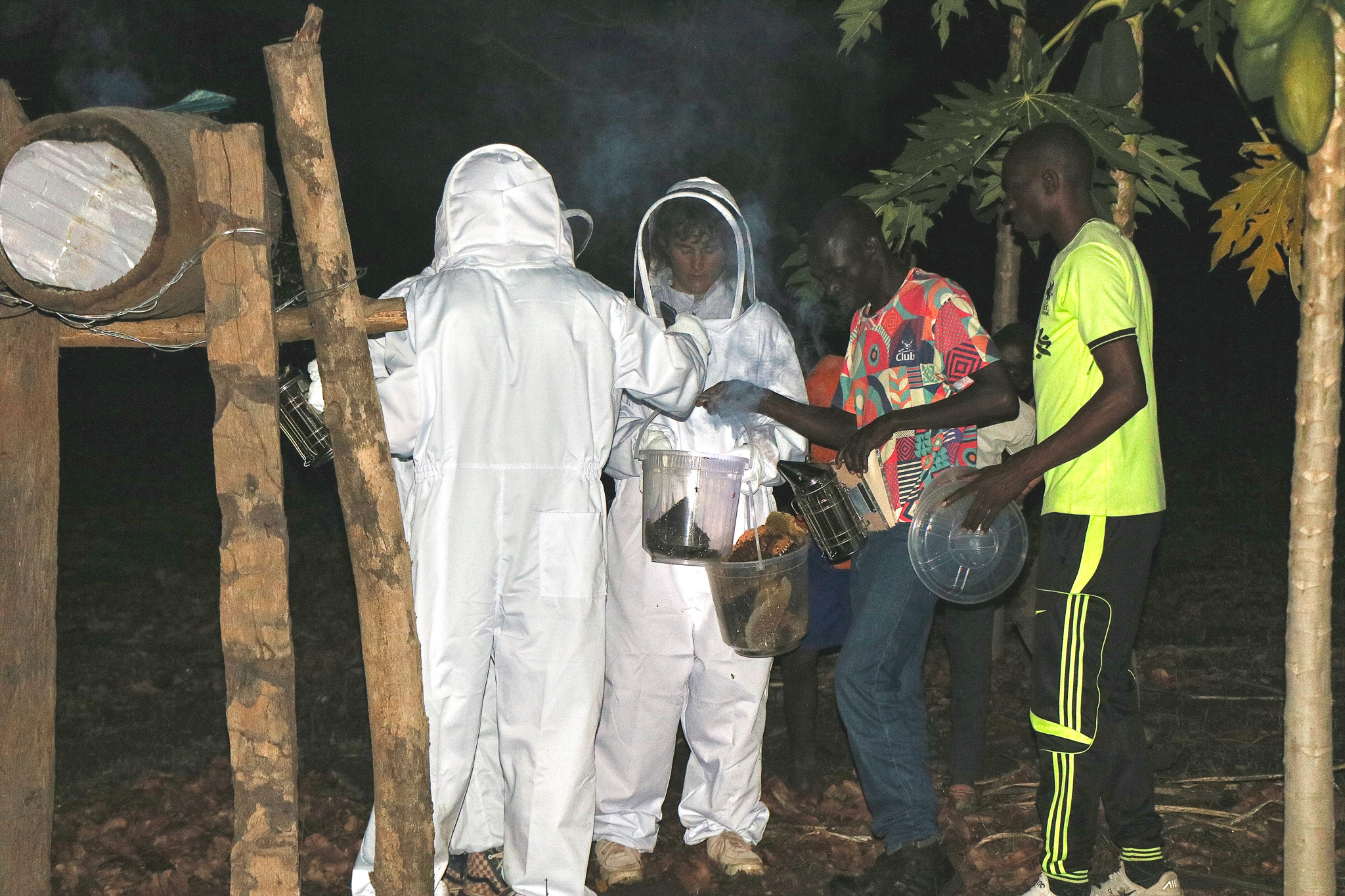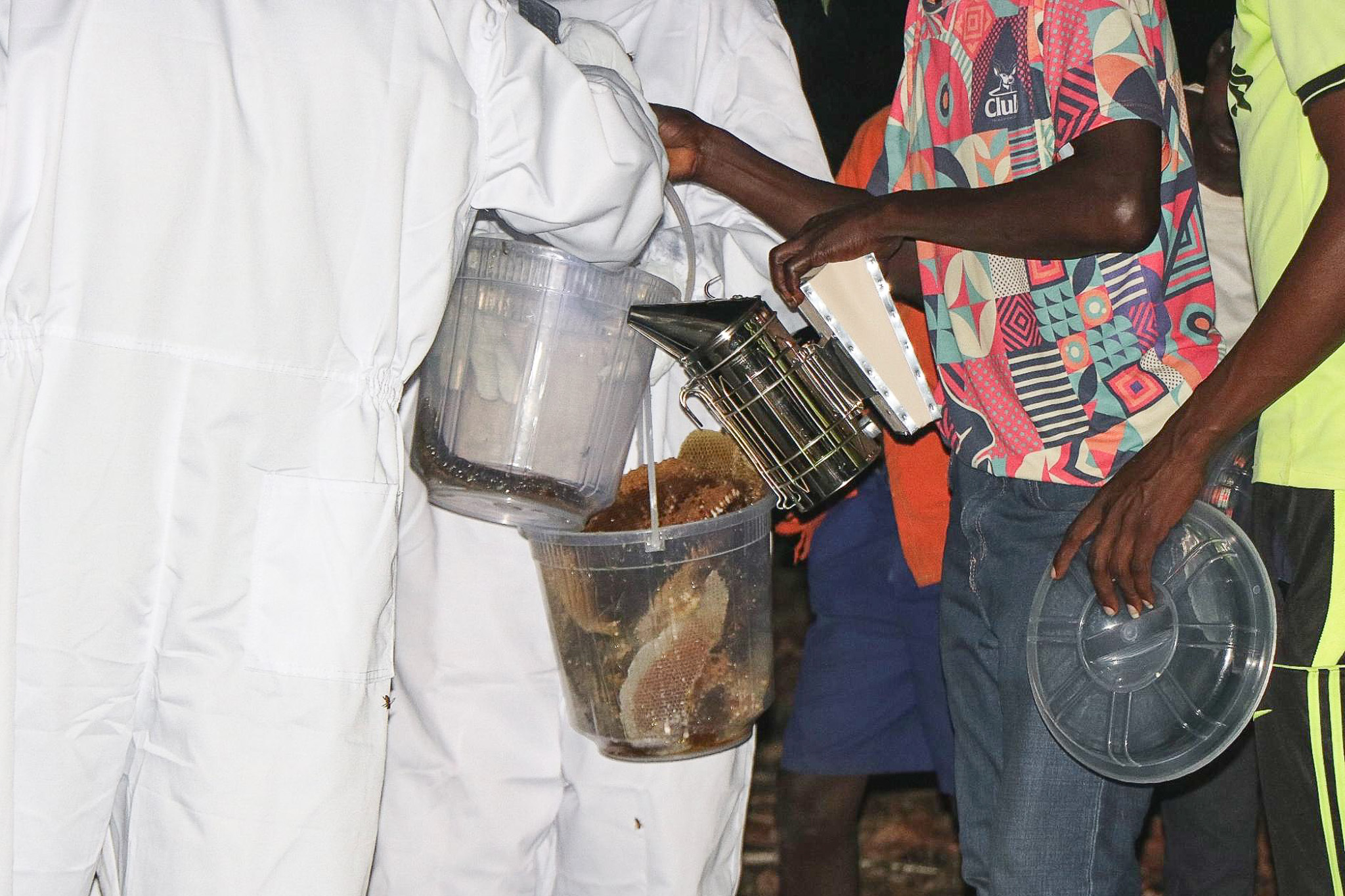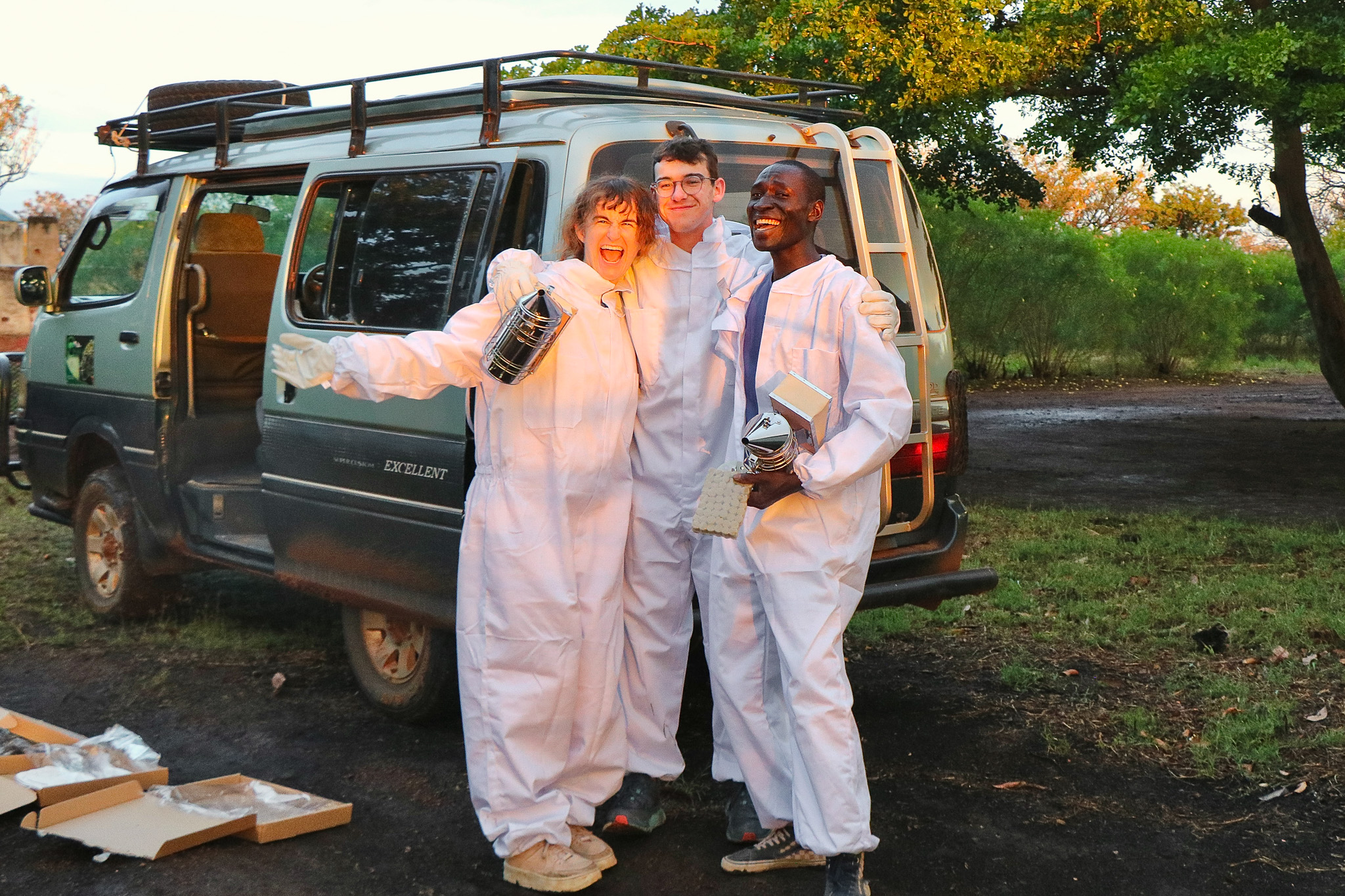
Scientific journals discussing the connection between beekeeping and poverty alleviation in Africa state that Uganda harvests only 1% of its estimated annual production of honey, which measures up to half a million tonnes1. Being one of five sub-Saharan African countries with a license to export honey to the EU, Uganda should absolutely be pursuing entry in the ever-growing honey market.
Across the globe from the potential pollinators, a combination of serendipity and the desire to contribute to meaningful social impact has led dozens of students to Professor Wendy Angst's pilot course in the Mendoza College of Business, Applied Impact Consulting. Notre Dame students are given the opportunity to work directly with a partner school in Uganda, Saint Bakhita's Vocational Training Center (SBVTC). Their projects aim to create and implement a number of entrepreneurial initiatives for the school that will ultimately result in an ability for SBVTC to be self-sustaining.
One such initiative from the past year includes the building of beehives and the inauguration of a beekeeping course for the students. Thus far, the team has used the capital awarded to our Innovation & Design Thinking team in Fall 2022, to bring 30 beehives to Innovation Acres, the agricultural property on the SBVTC campus that has expansive pastures, countless fruit trees, a herd of swine and lots of opportunity.
Last fall, we worked with SBVTC agriculture instructors to create a beekeeping course with the hope that students could learn how to care for their own beehives, harvest honey and sell their products for a profit. The honey produced by the school's hives will generate revenue and contribute to the self-sustainability goal of SBVTC. Students in the inaugural beekeeping course will begin working with the beehives in the upcoming Ugandan dry season, which runs roughly from October to December.
Our project has sought to ensure that the course runs smoothly, safely and generates sufficient revenue. Thus, before visiting the school over spring break, our team of Notre Dame students conducted interviews and research in order to identify any remaining needs. Consequently, we used a portion of our project's allowance to purchase smokers, beekeeping suits, buckets and a honey press. Our hope was to equip the SBCTC staff and students with what they need in order to safely produce a high-quality and unique product for the local market.
During our visit to SBVTC over spring break, we conducted ethnographic research in the local community in order to determine current pricing for the existing honey product, raw honeycomb, which is unlike the processed honey most common in the United States. We are seeking to discern a price for SBVTC honey that is fair, sustainable and meets the local need.
That same week, our team also had the opportunity to help harvest honey from a few of the school’s hives; among other goals, we hoped to determine the productive capacity of the log beehives so that we can have quantitative information to predict potential honey revenue. Harvesting honey with the agriculture instructors allowed us to more deeply understand the process involved and additional equipment that might be worth allocating project capital towards in the future. A virtual reality camera brought on the trip allowed us to film the harvest as an immersion experience for Notre Dame students working with this particular project in the future.
Ultimately, our recommendation for the honey business, which we have named “St. B's Bees”, is to implement a cyclical business model that increases the visibility and consistency of a uniform, recognizable product over the course of the next year, thereby giving the school a feasible path to expansion as a future option. Through both product and brand development, St. B's Bees can work to become a recognizable name in the untapped market of Ugandan honey.
Our team has caught quite the buzz of excitement for the impact this course will bring to the students at SBVTC, the school and the community. Vocational education is an excellent catalyst for economic uplift through entrepreneurship, and we are so grateful for the opportunity to work alongside the students, staff and surrounding community of SBVTC. Some might say that it is indeed making life sweeter, one hive at a time.
Citations:
https://journals.plos.org/plosone/article?id=10.1371/journal.pone.0172820
Written by Ian Rentschler and Claudia Parisi, both from the Notre Dame Class of 2024. Ian majored in environmental science with minors in entrepreneurship and innovation, sustainability, and anthropology. Claudia majored in management consulting and theology.
